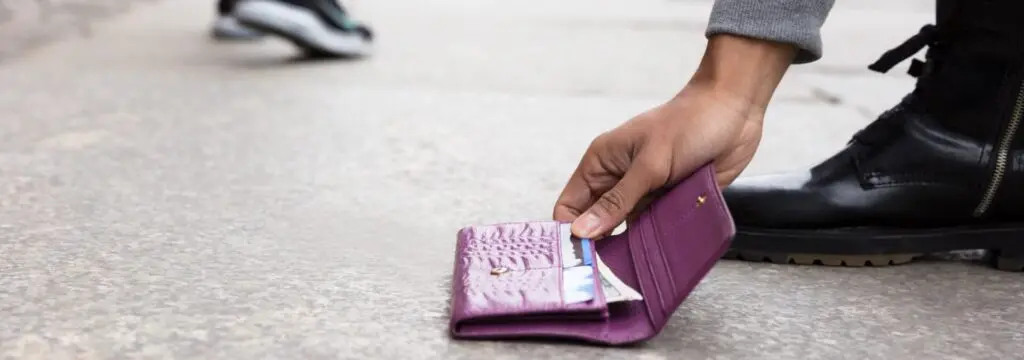VISA® Account Updater (VAU) lets you enjoy a seamless transition of your Machias Savings Bank VISA® Debit Card information when your card is replaced due to expiring or experiencing a lost or stolen card. Doing the work for you, when your card number and/or expiration date changes, VAU automatically sends updates to participating merchants with whom you have set up recurring payments using your debit card - securely! That means no more long telephone calls to update card information and avoid declined payments.
Your debit card will be automatically enrolled in Visa Account Updater; there is nothing needed for you to begin using this service. If you wish to opt out of the Visa Account Updater, you may do one of the following:
Contact us to fill out the online VISA Updater Opt-Out Form
Call our Customer Service Team: 1-866-416-9302
Visit or call your local branch
Participation in VAU does not relieve you of the obligation to ensure that merchants have the correct account information on file; failure to do so may result in a declined payment. In addition, neither VISA nor Machias Savings Bank can guarantee that account updates will be communicated to merchants prior to the next billing date.





